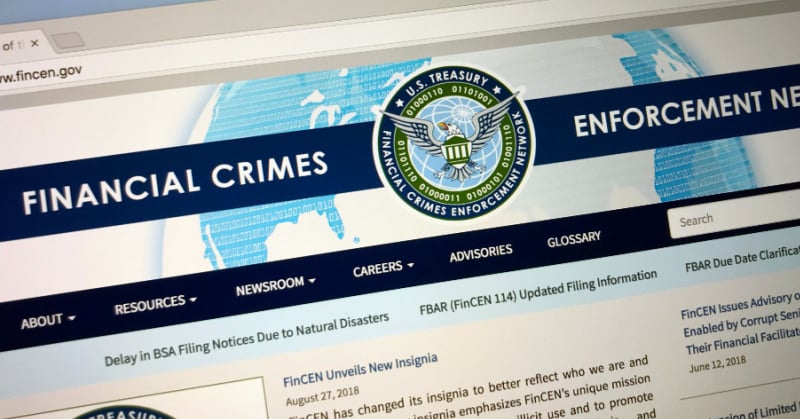With the new year comes yet another new compliance requirement for many of our clients; the Corporate Transparency Act (CTA) has introduced Beneficial Ownership Information (BOI) reporting requirements. As an accounting professional, it's crucial to understand these changes and guide your clients through the new regulatory environment. This article provides a detailed overview of the BOI requirements, recent developments, and practical steps for ensuring your clients' compliance.
Understanding the BOI Requirements
The BOI reporting requirement is a part of the broader effort to enhance transparency in business operations and combat illicit financial activities. It mandates corporations, LLCs, and similar entities to report key information about their beneficial owners. In this context, a beneficial owner is someone who either exercises substantial control over the company or owns at least 25% of the company's ownership interests.
Who Needs to Comply with BOI?
The requirement applies to all domestic and foreign entities registered to do business in the United States. This includes corporations and LLCs formed by filing a document with a secretary of state or similar office. However, there are exemptions, such as publicly traded companies, governmental entities, and financial institutions like banks and credit unions.
Recent BOI Developments and Deadlines
FinCEN's recent final rule extends the deadline for companies created or registered in 2024 to file their initial BOI reports from 30 to 90 calendar days. This extension allows new companies adequate time to understand and comply with these obligations. Companies established before 2024 have until January 1, 2025, to file initial BOI reports. For those created or registered on or after January 1, 2025, the original 30-day deadline applies. More information on this extension is available on FinCEN's website.
BOI Reporting Details
Entities are required to provide personal information about their beneficial owners, including:
- Name
- Date of birth
- Address
- Identification number (e.g., driver’s license, passport number)
Strategies to Help Support Your Clients with BOI Requirements
As an accounting professional, your role is pivotal in ensuring that your clients understand and comply with these new requirements. Here are key areas where you can provide support:
-
Client Education: Educate your clients about who qualifies as a beneficial owner and the importance of reporting accurate information.
-
Compliance Strategy: Assist in developing a strategy for gathering the required information and maintaining up-to-date records.
-
Filing Assistance: Help with the initial filing and subsequent updates if there are changes in beneficial ownership.
-
Navigating Exemptions: Guide clients in understanding if they fall under any of the exemptions.
Practical Steps for Compliance
As with any new compliance task, setting up a solid, streamlined process is key. Below are steps you can take to make sure you, your team, and your clients are set up for successful BOI filing.
-
Review Client Portfolios: Identify entities in your client portfolio subject to BOI reporting.
-
Create a Compliance Checklist: Develop a comprehensive checklist for BOI reporting.
-
Implement Efficient Systems: Use accounting software to streamline BOI collection and reporting.
-
Conduct Training Sessions: Ensure your team is knowledgeable about the new requirements.
-
Offer Proactive Advice: Regularly update clients with new information and guidance.
Resources and Tools
To stay informed and provide the best advice to your clients, here are some valuable resources:
- FinCEN’s BOI Informational Brochure: A comprehensive guide on the BOI requirements.
- American Institute of CPAs (AICPA) Resources: For updates and professional guidance.
Navigating BOI Compliance Together
The introduction of the BOI reporting requirements adds another layer of compliance for our business clients. As accounting professionals, it’s our job to stay ahead of these changes and provide informed guidance to our clients. By understanding the nuances of the BOI requirements and leveraging available resources, you can ensure your clients navigate this new requirement successfully and maintain compliance.
Remember, the role of an accountant extends beyond numbers; it's about being a trusted advisor in times of change. By guiding your clients through these new requirements, you reinforce the value and expertise you bring to their business journey.
.png?width=150&height=63&name=TWRlogo-regmark_blueblack%20(1).png)
.png)










Do you have questions about this article? Email us and let us know > info@woodard.com
Comments: